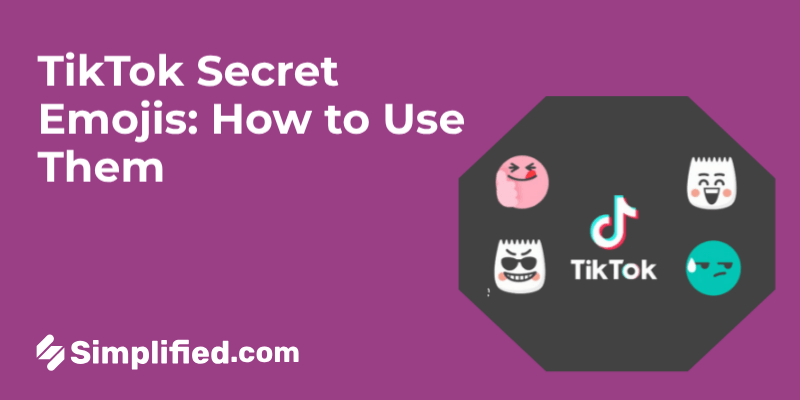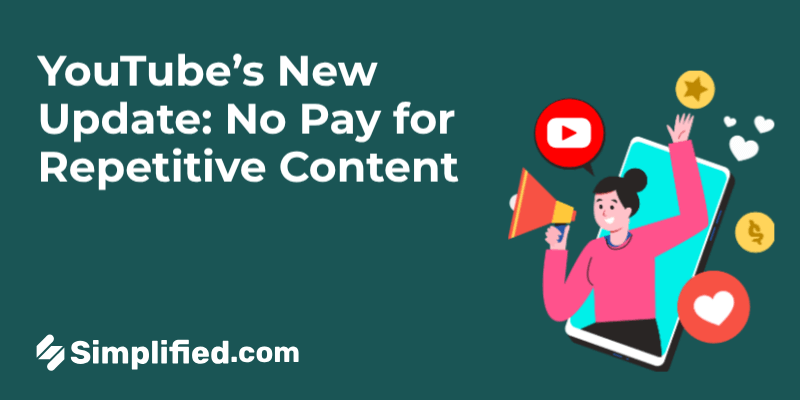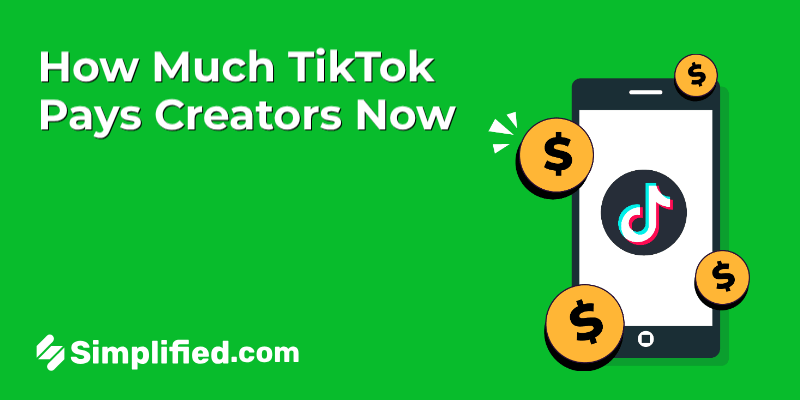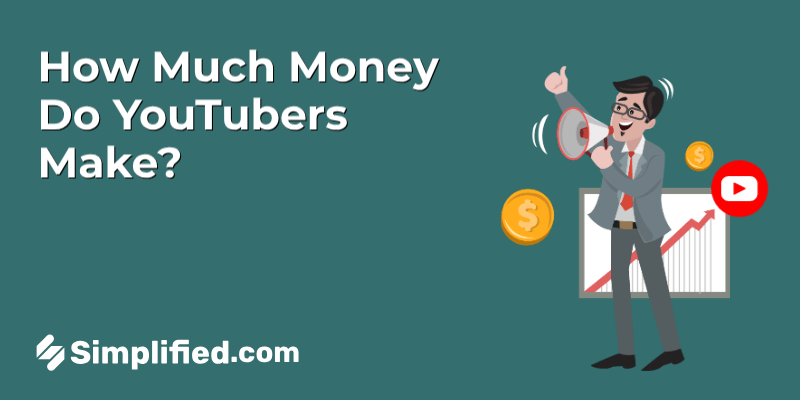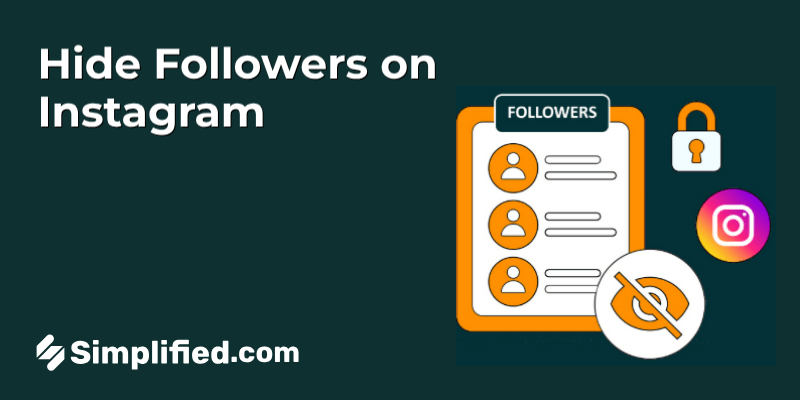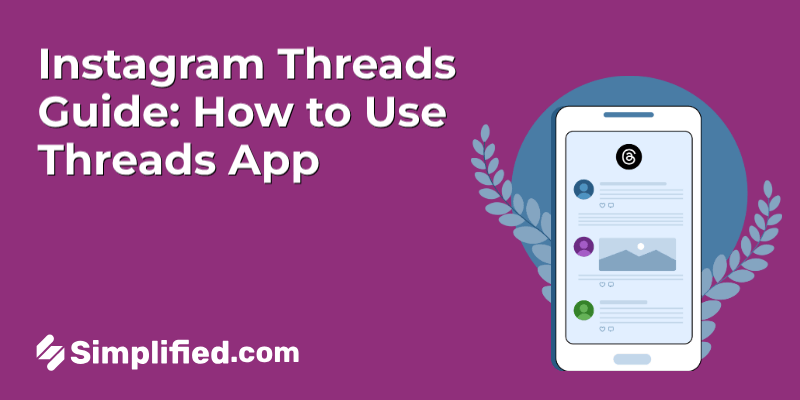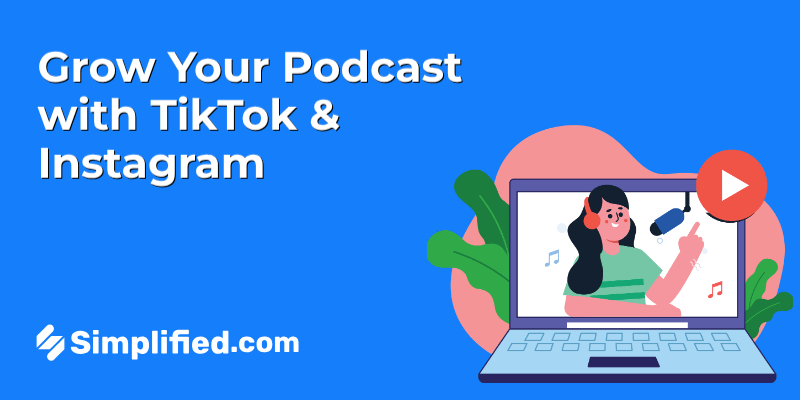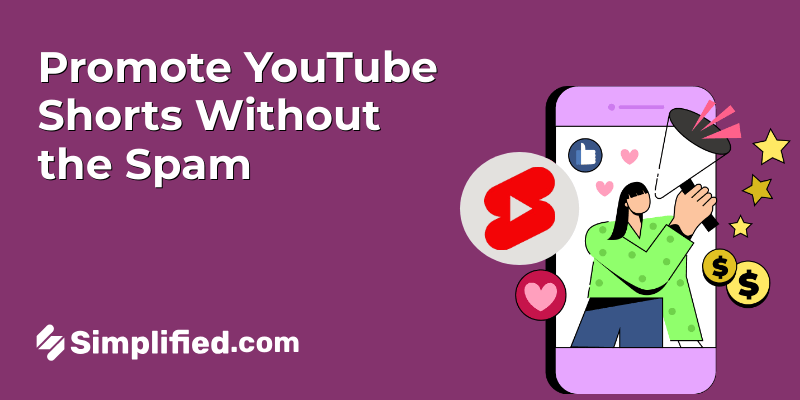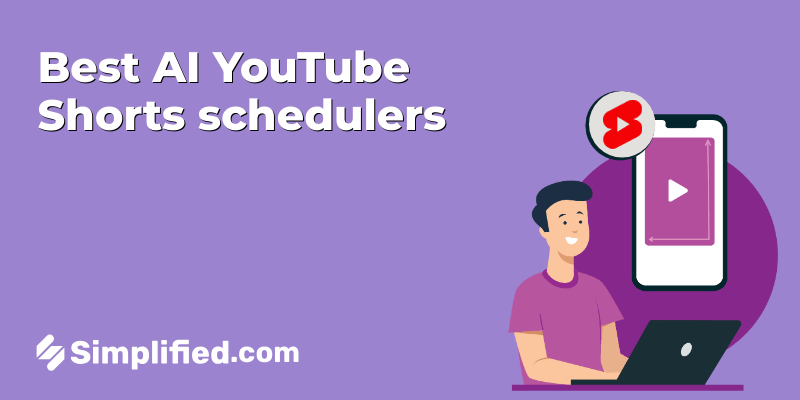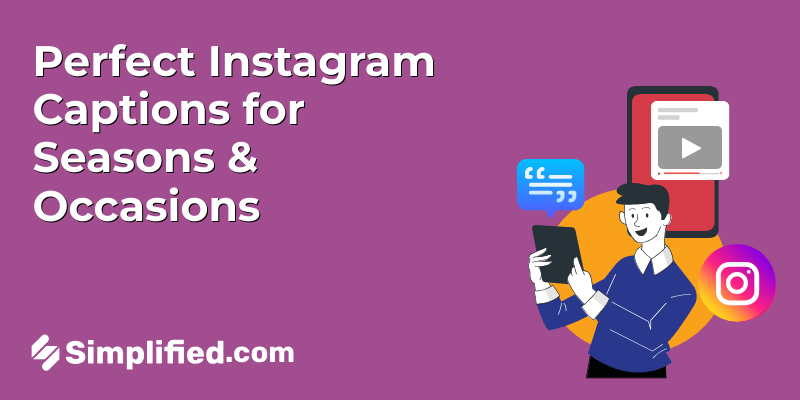
Alrighty, so you’ve got your client hooked on the amazing things social media can do for their business. They’re thinking about it, but now comes the part where you show them why YOU’RE the perfect person (or team) to make it happen.
This is where your social media proposal comes in, and let me tell you, a killer social media proposal can easily help you land the client. Building one from scratch can feel a bit daunting, but don’t worry, we’ve got your back.
We’ll walk you through step-by-step, or if you’re feeling the need for speed, we even have a customizable template for you. So, you can skip the hassle. Download our social media proposal template and get started quickly.
What is a Social Media Proposal?

A social media proposal is your pitch in a document. It’s like an origin story but for your social media expertise. It tells a potential client how you’ll use social media to transform their online presence.
You’ll showcase your understanding of their audience, create content that captivates them, and spark engagement that builds brand loyalty.
Here’s a simple example:
Imagine you run a bakery. You want to attract more customers on social media, so you reach out to a marketing consultant. The consultant creates a social media proposal for you. This proposal would explain:
- Your bakery’s goals: Maybe you want to increase brand awareness or boost sales of your new cupcakes.
- The consultant’s plan: They might suggest creating eye-catching photos of your pastries, running contests on Instagram, and engaging with customers in the comments.
- The expected outcome: The consultant would explain how their plan will help you reach your goals, like gaining more followers or website traffic.
By laying out a clear strategy, the consultant’s proposal convinces you that their social media expertise can benefit your bakery.
7 Necessary Steps to Take Before Creating Your Social Media Proposal
1. Understand Your Prospect’s Social Media Goals
Your client has specific goals for their social media presence.
Do they want to increase brand awareness and recognition? Drive more traffic to their website? Boost sales or generate leads?
Understanding these goals is crucial for crafting a proposal that directly addresses their needs
2. Learn About their Target Audience
Understanding your client’s target audience is equally important. Who are they trying to reach on social media?
Identifying demographics, interests, and online behavior allows you to tailor content that resonates with the right people.
The more you know about their ideal customer, the better you can strategize how to connect with them.
3. Talk About their Competitors
By researching your client’s competitors, you can see what kind of content they’re creating, what platforms they’re using, and how they’re engaging with their audience.
This “competitive analysis” helps you identify potential gaps in their strategy and opportunities for your client to stand out.
You can then propose unique approaches that will set them apart from the competition.
4. Pinpoint the issues
Not every social media presence is sunshine and rainbows. By discussing the client’s current social media efforts (if any), you can identify areas for improvement.
Are they struggling with low engagement? Or lack of brand consistency? Ineffective content strategy? Pinpointing these issues allows you to showcase how your expertise can address their specific challenges and turn things around.
5. Set goals
Your social media proposal needs defined goals. Having clear and measurable goals allows you to track progress and demonstrate the success of your social media strategy.
6. Get an Idea About their Budget and Deadlines
Understanding your client’s budget and deadlines helps you tailor a realistic proposal.
Knowing their budget allows you to structure your services accordingly, and understanding their deadlines ensures your proposed timeline aligns with their expectations.
7. List the pricing
Outline your pricing structure clearly and transparently. Will you charge a flat fee, hourly rate, or retainer?
Be sure to detail what services are included in your pricing so the client understands the value you bring. Highlighting the potential return on investment (ROI) can further strengthen your proposal.
Now, you are ready to create a social media proposal that positions you as the perfect partner to help your client achieve their social media goals.
How to Write a Client-winning Social Media Proposal?

1. The Frontpage
Consider this the cover page of your proposal. It creates the first impression, so it should be professional and visually appealing.
Example: Include your company logo, contact information (website, email, phone number), and the proposal title clearly and concisely.
2. Introduction and overview of your social media proposal
Hook the reader with a captivating introduction that grabs their attention. Briefly highlight your expertise and the client’s potential for social media success.
Summarize the key points of your proposal, outlining the goals, strategy, and expected outcomes.
Example: ” At [Your Company Name], we specialize in crafting data-driven social media strategies that achieve real goals. This proposal outlines a comprehensive plan to elevate your social media presence and achieve your objectives, such as increasing brand awareness by 20% and generating 15% more website traffic within the next 6 months.”
3. Social Media Goals
Reiterate the client’s specific social media goals you identified earlier. This reinforces their needs and shows you’ve been listening.
Example: “During our initial consultation, you mentioned your primary goals for social media are to increase brand awareness and drive more qualified leads to your website. We understand the importance of these objectives and have crafted a strategy specifically designed to achieve them.”
4. Social Media Audit
If you’ve conducted an audit of the client’s existing social media presence, present your findings here.
Analyze their current strengths, weaknesses, opportunities, and threats (SWOT analysis). This demonstrates your understanding of their current standing and paves the way for your proposed improvements.
Example: “Our social media audit revealed that your brand has a strong presence on Facebook with a highly engaged community. However, your Instagram account has limited content and a low follower count. We see an opportunity to leverage your existing Facebook audience and expand your reach to a wider audience on Instagram through targeted content and strategic engagement.”
5. Scope of Work
This is the heart of your proposal. Though social media has become more data-driven, only 32% of marketers have a documented strategy.
Detail your proposed strategy in clear, concise language. Here are some key areas to cover:
- Platforms: Which social media platforms will you focus on and why? Consider the client’s target audience and where they spend their time online.
- Content Strategy: What kind of content will you create to engage their target audience? This could include videos, images, infographics, blog posts, or polls, depending on the platform and audience.
- Community Management: How will you manage comments, messages, and online interactions? This might involve responding to inquiries, addressing concerns, and fostering positive conversations.
- Reporting and Analytics: How will you track progress and measure success using relevant metrics? Examples include website traffic generated from social media, follower growth, engagement rate (likes, comments, shares), and brand mentions.
Example: “We propose focusing on managing your Facebook and Instagram accounts, as these platforms align perfectly with your target audience. We will develop a content calendar with engaging social media posts, including eye-catching visuals, informative captions, and relevant hashtags. To foster a strong community, we will actively respond to comments and messages, answer questions, and participate in relevant conversations. Through social media management tools, we will track key metrics and provide regular reports to demonstrate the impact of our strategy on achieving your goals.”
6. Proof of Work
Showcase your social media prowess by including social proof!
This could be case studies of past projects where you achieved similar goals for other clients, testimonials from satisfied customers, or awards and recognition you’ve received.
Example: “We’ve helped businesses like [Client Name] in similar industries achieve significant results on social media. For instance, our strategy for [Previous Client] increased their brand awareness by 30% and generated a 25% lead increase through targeted social media campaigns. We are confident in replicating this success for your brand as well.”
Tip: Don’t underestimate the power of a well-structured and visually appealing proposal. Use clean layouts, branded elements, and engaging visuals that make reading and understanding the proposal a breeze. At Wytlabs, we use infographics and charts to break down complex data, making it easy for clients to grasp the benefits at a glance. This increases readability and keeps the client engaged throughout the document.
Experts Note – Marc Bishop from Wytlabs, a specialized marketing agency focused on SaaS and e-commerce for over a decade
Tip: Don’t underestimate the power of a well-structured and visually appealing proposal. Use clean layouts, branded elements, and engaging visuals that make reading and understanding the proposal a breeze. At Wytlabs, we use infographics and charts to break down complex data, making it easy for clients to grasp the benefits at a glance. This increases readability and keeps the client engaged throughout the document.
Thought: Always approach the proposal with a partnership mindset. Think of it as a strategic alliance rather than a vendor-client transaction. This perspective helps in crafting a proposal that is more collaborative and consultative. Suggest strategies that invite feedback and adjustments, which signal that you’re willing to adapt and work as part of their team.
Strategy: Customization is not just about addressing the client’s needs but also adapting to their budget. Offering scalable packages within the proposal allows clients to see flexibility and scalability in your services. This way, you cater not only to their current needs but also to potential future expansions, which can be very appealing.
7. Terms of Agreement
By having a written agreement, you’re both protected. It clarifies your responsibilities, the deliverables you’ll provide, and the client’s payment obligations. It also outlines potential termination scenarios if necessary.
Take a look at this template:
- Service Fees: Our fee for this project is $[amount], payable [payment schedule].
- Payment Terms: A 50% deposit is due upon signing this agreement. The remaining balance will be due [due date].
- Project Duration: The proposed project duration is [number] months, starting from [start date].
- Revisions: We will provide [number] rounds of revisions for each deliverable.
Conclusion
Creating a winning social media proposal takes planning and understanding your client’s needs. You can develop a proposal that convinces them you’re the social media superhero they’ve been searching for.
Remember, a well-written proposal isn’t just about outlining tactics; it’s about showcasing your expertise, building trust, and demonstrating the potential return on investment your social media strategy can bring.
So go forth, social media warriors, and conquer social media with compelling proposals that turn clicks into conversions and brand loyalty!


